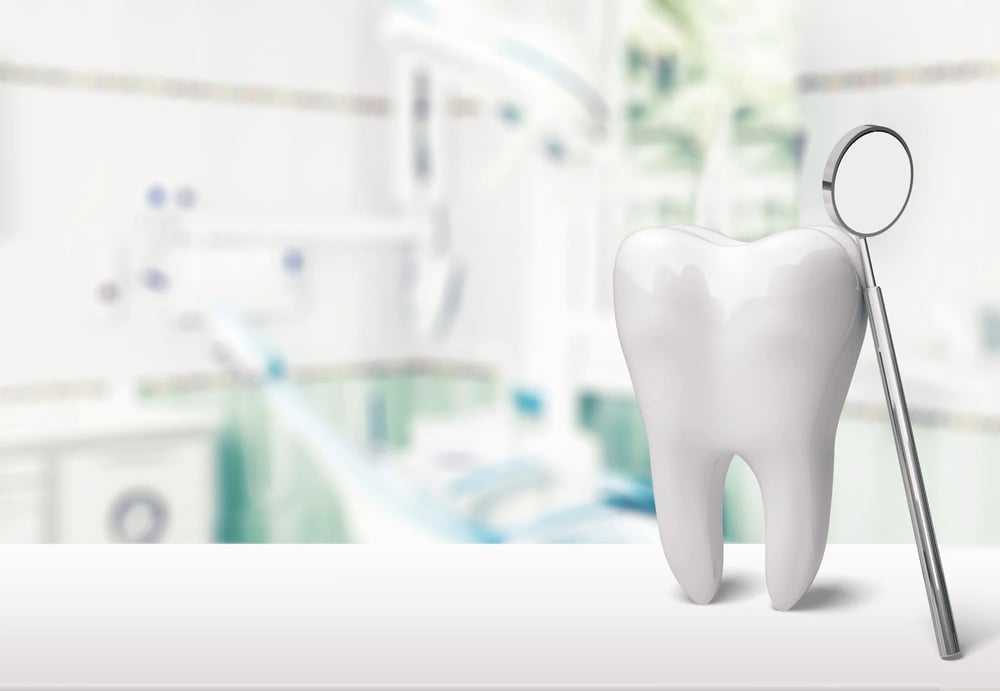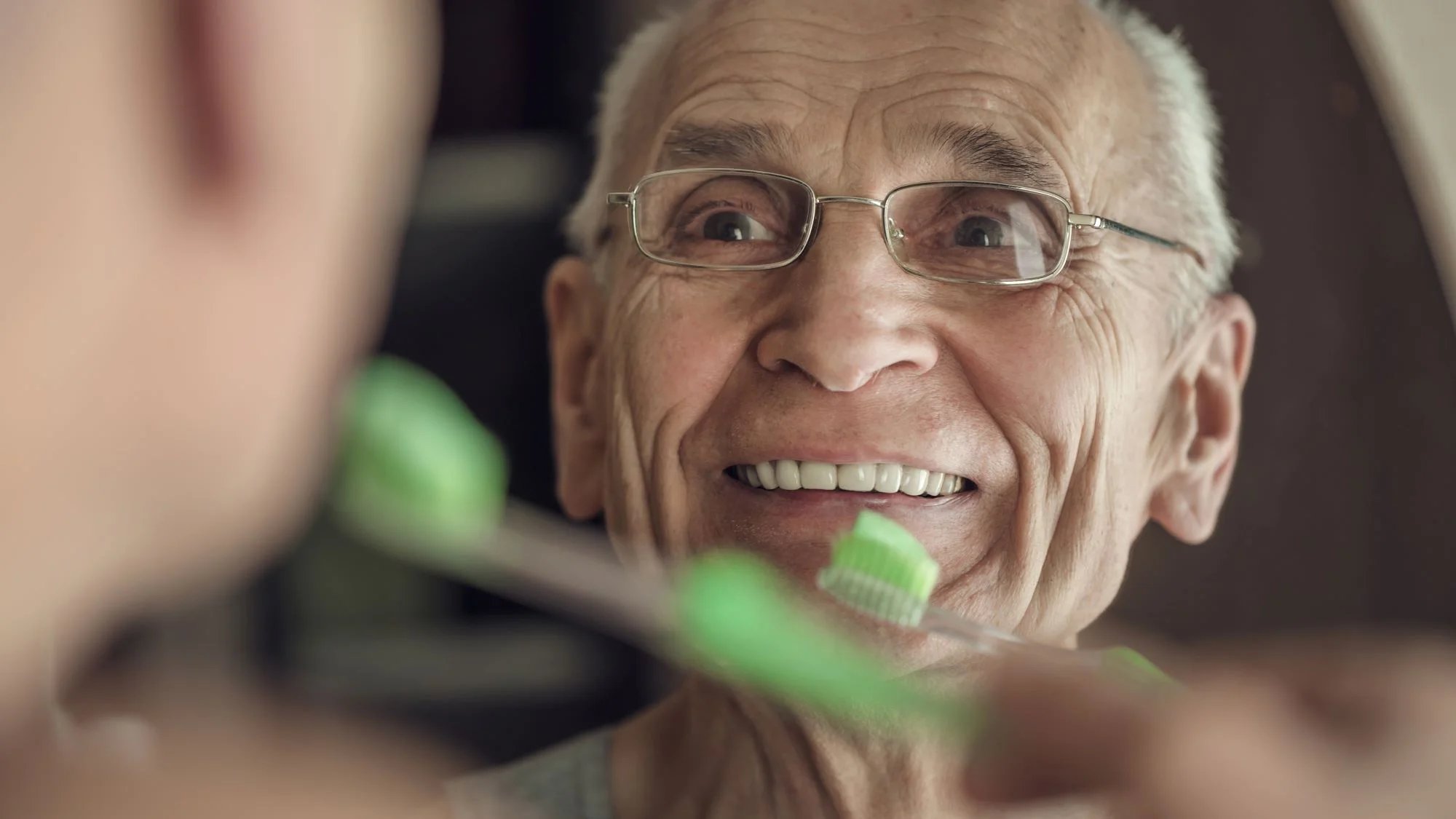As a care home, it's essential to ensure that all residents receive the necessary dental care and that care home managers provide information about the dental care process to current and prospective residents and their families.
Many care homes have arrangements with local dentists or community dental services who can visit the care home to provide regular check-ups.
Upon moving into a care home, residents must undergo an oral health assessment, which is then recorded in their care plan. Care home managers must ask questions about the residents' dental health, such as whether they use any dental aids, have any dentures, and what level of support they require with their dental care.

Additionally, care home staff must have the necessary knowledge and skills to care for their residents' dental health. Care home staff must be trained to recognise when a resident needs to have their oral health reassessed and how to support them with their daily dental care routine.
For example, staff should know to brush the residents' teeth twice a day, clean their dentures (if they have any), and use their preferred dental care products, such as mouthwash or floss, to maintain oral health.






.webp?width=750&height=751&name=FrqSUj_WAAIFlmk%20(1).webp)

.webp?width=80&height=80&name=HTD%20Awards%202023%20Badge%20(4).webp)














